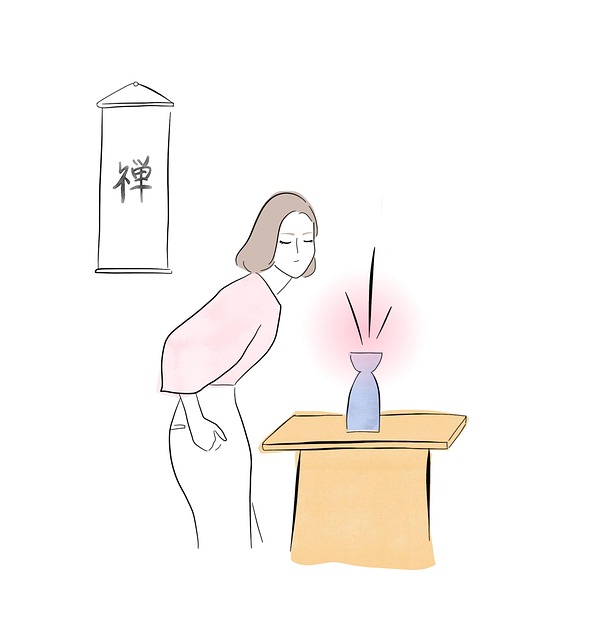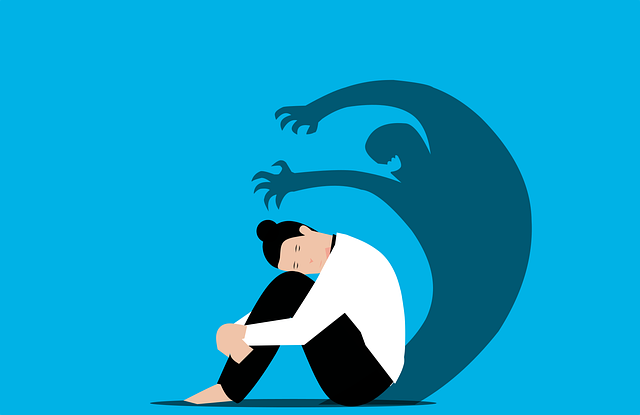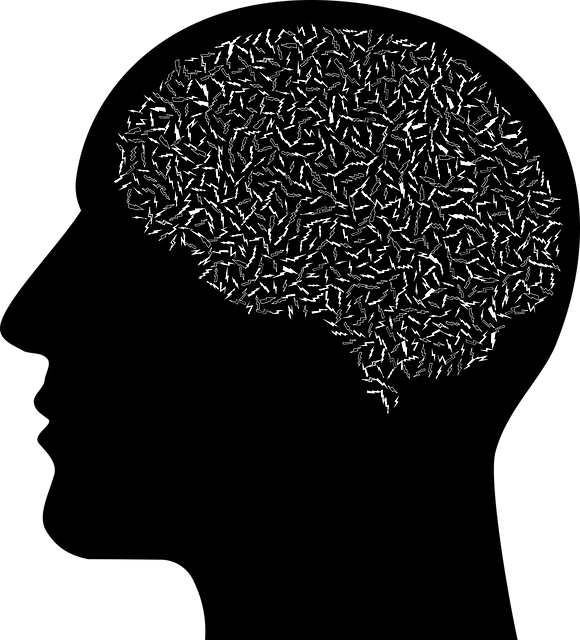Depression, often exacerbated by chronic pain, requires early intervention and specialized care, which Westminster Chronic Pain Therapy provides. They offer a holistic approach, combining physical and mental treatments like cognitive behavioral therapy and mindfulness, catering to diverse populations with cultural sensitivity. Lifestyle changes, including exercise, nutrition, and stress reduction techniques, are key prevention strategies. Social connections and support networks play a vital role in depression management, which they facilitate through workshops. Integrating professional assistance, self-care practices (like journaling), and evidence-based treatments leads to improved mental well-being.
Depression is a prevalent yet complex condition, affecting millions. Recognizing its signs and symptoms is the first step towards prevention. This article explores a comprehensive guide to tackling depression, featuring innovative strategies like Westminster Chronic Pain Therapy, offering a holistic approach to well-being. We delve into lifestyle adjustments, the power of social connections, and the importance of professional help. By combining these methods, individuals can foster mental resilience and proactively prevent depressive episodes.
- Understanding Depression: Recognizing Signs and Symptoms
- Westminster Chronic Pain Therapy: A Holistic Approach to Well-being
- Lifestyle Adjustments for Mental Resilience
- Social Connection and Support Networks
- Professional Help and Treatment Options
Understanding Depression: Recognizing Signs and Symptoms

Depression is a common yet serious mental health condition characterized by persistent feelings of sadness, loss of interest in activities once enjoyed, and difficulty performing daily tasks. Recognizing the signs and symptoms early on is crucial for effective prevention and management, especially in cases where chronic pain exists, as it can exacerbate depressive tendencies. Westminster Chronic Pain Therapy offers specialized services to address these dual challenges.
Professionals in the field of mental health must be adept at identifying risk factors and implementing strategies such as Risk Management Planning to mitigate potential risks. Encouraging clients to develop a robust self-care routine can significantly contribute to preventive measures, alongside fostering empathy through understanding and supportive environments, which are essential components for those dealing with depression or chronic pain.
Westminster Chronic Pain Therapy: A Holistic Approach to Well-being

Westminster Chronic Pain Therapy offers a holistic approach to well-being, focusing on both the physical and mental aspects of chronic pain management. This comprehensive strategy includes various techniques such as cognitive behavioral therapy, mindfulness practices, and relaxation methods, empowering individuals to develop coping skills that are tailored to their unique needs. By integrating these evidence-based practices, patients can navigate their pain journey with greater resilience and improved mental health.
Beyond individual therapy, the program emphasizes cultural sensitivity in mental healthcare practice, ensuring diverse populations feel understood and supported. This approach is particularly relevant in the context of mental health policy analysis and advocacy, as it highlights the importance of inclusive care that respects different cultural backgrounds and belief systems. Through these comprehensive initiatives, Westminster Chronic Pain Therapy aims to revolutionize chronic pain management, promoting long-term well-being for a diverse range of patients.
Lifestyle Adjustments for Mental Resilience

Maintaining a healthy lifestyle is an essential aspect of preventing and managing depression. Simple adjustments can make a significant impact on mental resilience. Engaging in regular physical activity, for instance, releases endorphins that boost mood and reduce stress. A balanced diet rich in nutrients supports brain health, while adequate sleep helps regulate hormones related to mood. Additionally, practicing mindfulness techniques like meditation or yoga fosters emotional healing processes and enhances overall well-being.
Building inner strength is crucial for depression prevention. Adopting a positive mindset through mind over matter principles empowers individuals to cope with challenges. This involves reframing negative thoughts, focusing on gratitude, and cultivating optimism. Westminster Chronic Pain Therapy offers valuable resources for managing pain and stress, promoting relaxation, and strengthening one’s inner resilience.
Social Connection and Support Networks

Building and maintaining strong social connections is a powerful tool in preventing depression. Human beings are inherently social creatures, and our need for belonging and connection is fundamental to our well-being. At Westminster Chronic Pain Therapy, we understand that fostering meaningful relationships can be transformative in mental health management. Engaging with supportive peers, family, or community groups can provide an invaluable safety net during challenging times. These connections offer a sense of purpose, reduce feelings of isolation, and promote healthy coping mechanisms.
Social Skills Training and Stress Management Workshops organized by various organizations play a crucial role in enhancing these relationships. By learning effective communication strategies, individuals can better express their needs and foster deeper connections. Additionally, stress prevention techniques taught in these workshops help manage triggers that may contribute to depression. Burnout Prevention is also a key focus, as recognizing and addressing early signs of burnout can significantly reduce the risk of developing depressive disorders.
Professional Help and Treatment Options

When dealing with depression, seeking professional help is a crucial step towards recovery. A mental health professional can provide personalized guidance and evidence-based treatments tailored to address underlying causes, such as chronic pain or low self-esteem. Westminster Chronic Pain Therapy offers specialized programs designed to help individuals manage persistent pain while also focusing on improving mental wellness. This comprehensive approach integrates various therapeutic techniques, including cognitive behavioral therapy (CBT), which has been proven effective in treating depression by modifying negative thought patterns and behaviors.
In addition to professional treatment, engaging in activities that support mental wellness can be immensely beneficial. One simple yet powerful tool is journaling. Keeping a mental wellness journal allows individuals to track their emotions, thoughts, and experiences, fostering self-awareness and providing an outlet for expression. This practice encourages introspection, enables better understanding of personal triggers, and promotes healthy coping strategies. By combining professional help with these self-care practices, individuals can embark on a journey towards improved mental health and overall well-being.
Depression prevention is a multifaceted approach, as illustrated by various strategies discussed in this article. Understanding depression’s signs and symptoms is the first step towards recovery. For those in Westminster, chronic pain therapy offers a holistic solution, addressing physical and mental well-being. Lifestyle adjustments, such as regular exercise and mindfulness, build mental resilience. Strong social connections and support networks act as lifelines during tough times. When needed, professional help and various treatment options provide effective depression management tools. Integrating these strategies can significantly enhance one’s ability to prevent and manage depression.














